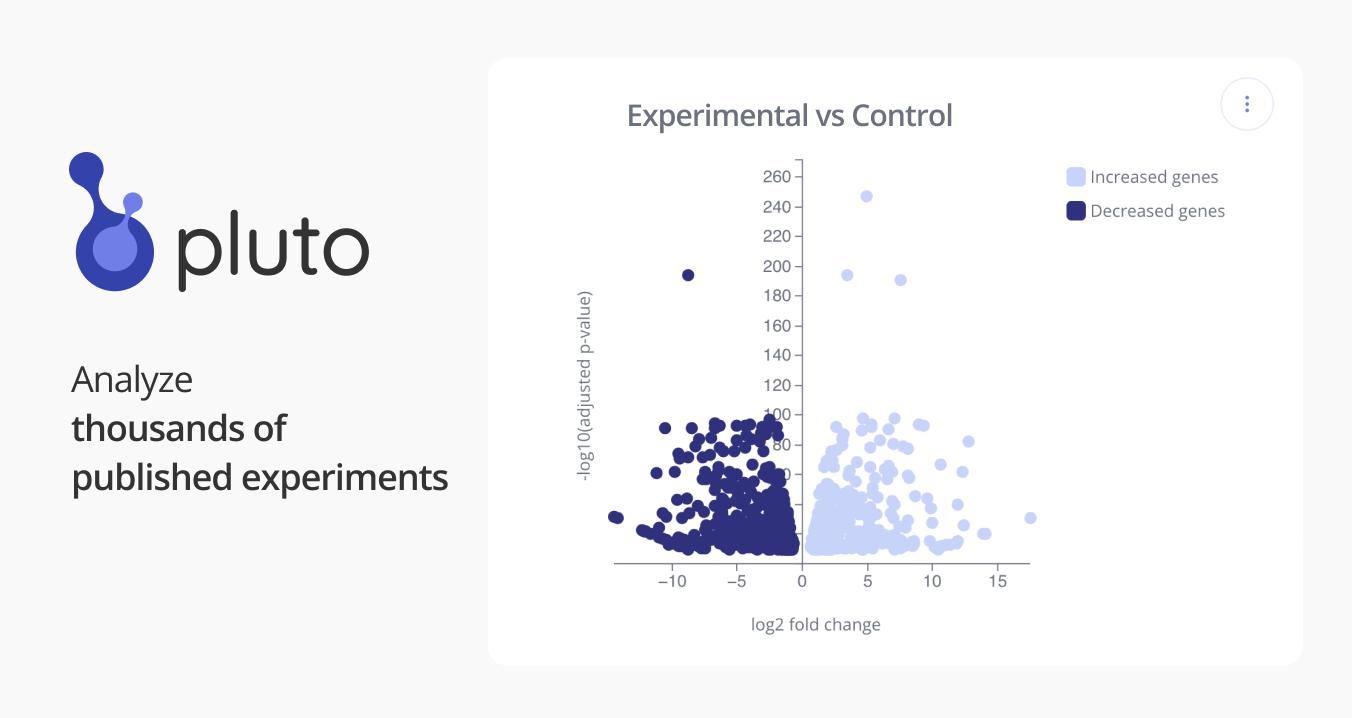Pluto Bioinformatics
GSE92344: Early loss of Crebbp confers malignant stem cell properties on lymphoid progenitors
Bulk RNA sequencing
Loss of function mutations of the histone acetyltransferase CREBBP have recently been described at high frequencies across a spectrum of lymphoid malignancies. The multiple effects of this epigenetic regulator on developmental and homeostatic processes have been extensively studied, however, exactly how CREBBP functions as a tumour suppressor remains unclear. Here we use a murine model to demonstrate that loss of Crebbp in haematopoietic stem and progenitor cells (HSPCs) leads to increased development of B-cell lymphoproliferative disorders (LPD). We identify a pre-malignant (PM) B220+ Mac1+ stem cell which ultimately transforms to LPD and shed light on the mechanisms of malignant evolution by comparing lymphoid progenitors, pre-malignant and malignant cells at the clonal, transcriptional, epigenetic and genetic levels. We demonstrate that loss of Crebbp in HSPCs facilitates the development of lymphoid malignancies by generating a hyperproliferative population of lymphoid progenitors with an altered response to DNA-damage and enhanced self-renewal properties. Global genomic profiling revealed that epigenetic alterations observed in lymphoid progenitors correlated highly with transcriptional changes observed in frank LPD. Taken together, these findings define the tumour suppressor functions of Crebbp and shed light on the cellular origins and subsequent evolution of lymphoid malignancies. SOURCE: Shabana Vohra (sv380@cam.ac.uk) - Wellcome Trust - Medical Research Council Cambridge Stem Cell Institute
